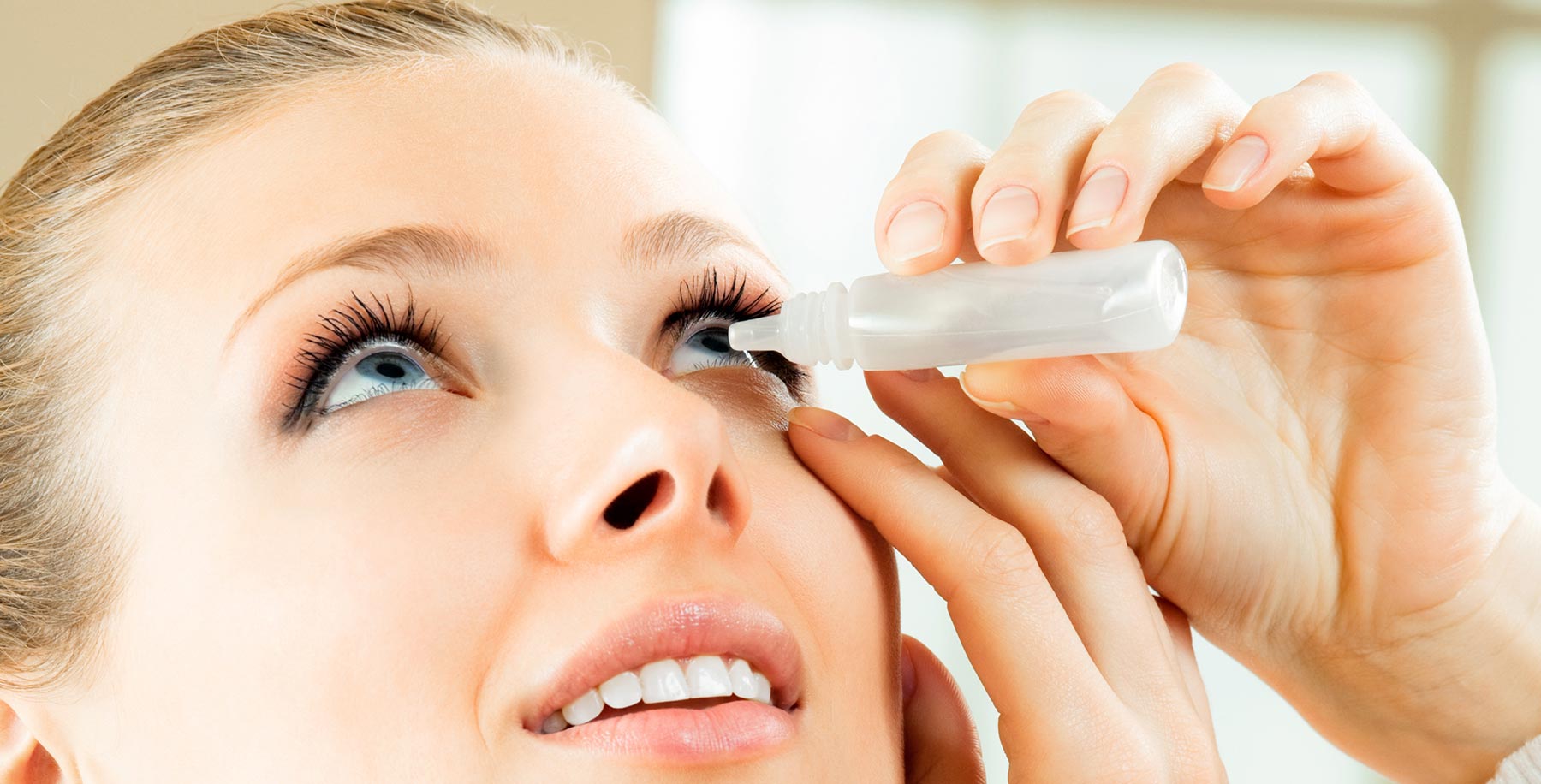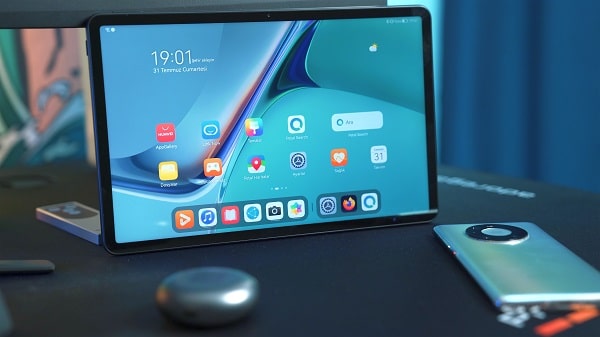- Latest Developments
BOOK ONLINE NOW
BOOK ONLINE NOW

These days, we’re all exposed to a lot of artificial blue light due to our reliance on digital devices like smartphones, computers, and televisions.
It’s already well known that an excess of blue light can have a negative impact – for example, on our skin or our sleep pattern.
However it seems that dry eye, headaches and reduced concentration may also be a result of too much screen time; while others wonder, apart from causing digital eye strain – is blue light actually damaging our vision?
That’s the question researchers are trying to answer.

Each colour in the visible light spectrum has a different wavelength. When compared with other colours, blue light has a short wavelength (1).
Why does this matter?
Well, studies are showing that there’s a link a between eye damage and short-wave blue light (2).
It seems there is a strong association between blue light exposure and the development of some eye conditions.
Age-related macular degeneration for instance, can have a devastating effect on a person’s vision (3). It affects the retina – the central part of our vision – so that we are left with only the periphery of our sight – and what researchers are discovering is that prolonged exposure to blue light can lead to permanent damage to the retina (4).
Our eyes aren’t good at blocking out blue light, so how can we reduce the impact on the retina?
The most common ways are by:
Blue light blocking glasses are a good idea for adults, children and teens, and are known by variety of names such as:
A blue light filter might be included in your prescription eyewear; and you can also buy non-prescription blue light protection lenses.
While prolonged exposure to artificial blue light may lead to vision problems such as dry eye, cataracts and macular degeneration, not all blue light is bad. We’re exposed to natural blue light from the sun all the time and this is good for promoting memory, alertness, and other cognitive processes in the brain. However, blue light is only beneficial when you get it in the right wavelengths.
And remember, if you have any concerns about your vision, or want to get blue light protection lenses – you can book an eye check-up with one of our optometrists today!
References:
© 2025 Aphrodite Livanes Optometrist Brisbane: Eye Care Plus. All rights reserved.
